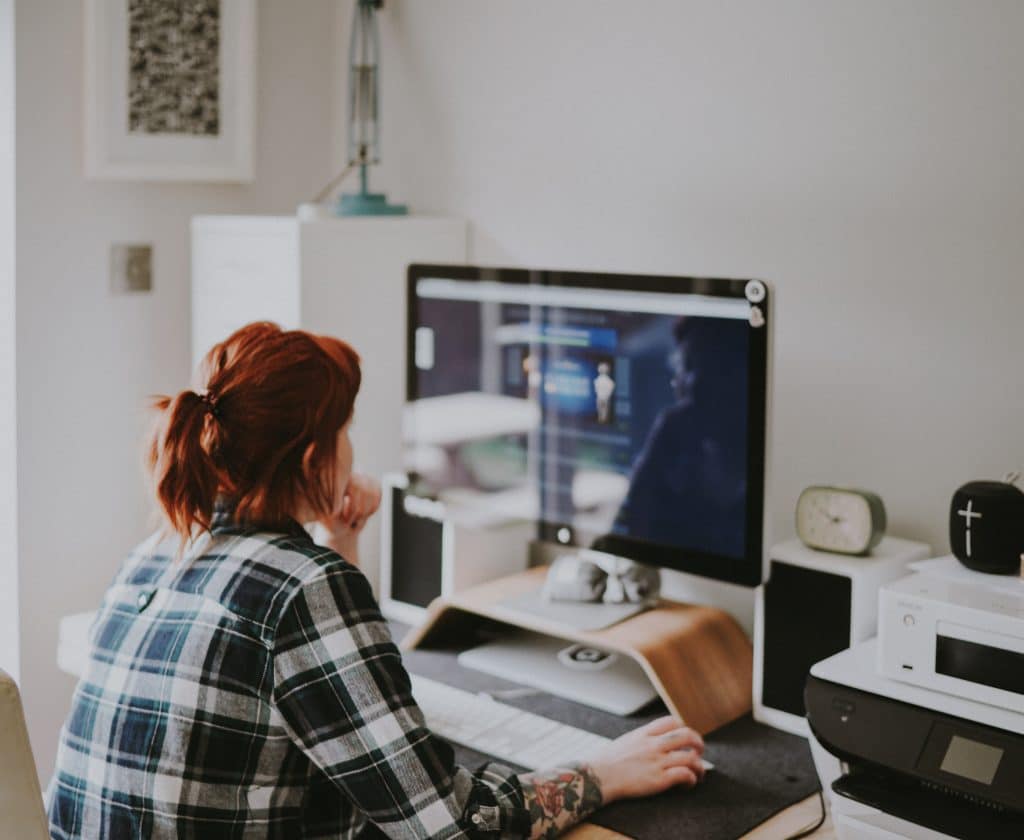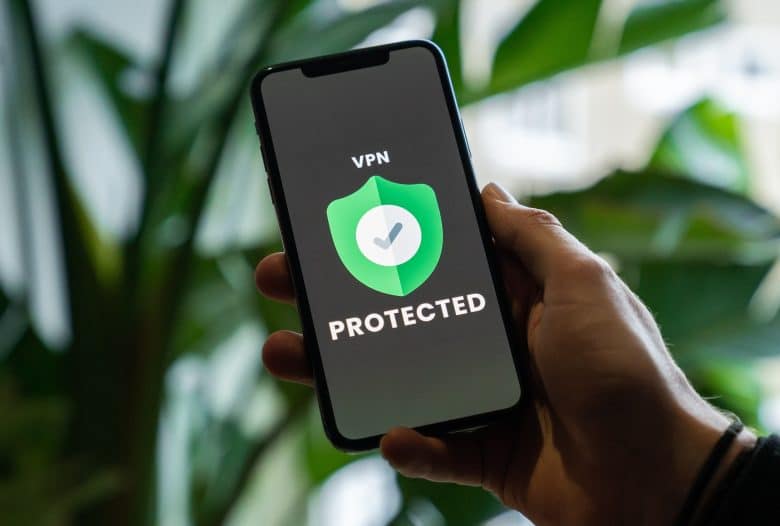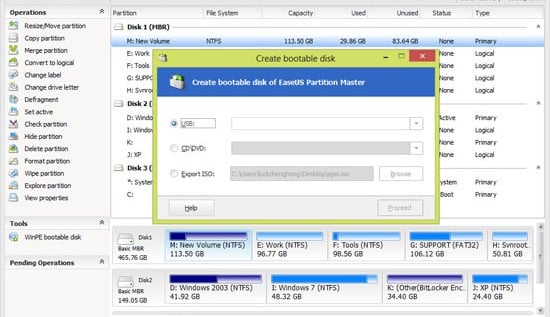Using a virtual private network will increase your security both at home and in public, even if the majority of internet users have security software installed on their computers or smartphones to safeguard their data (VPN). A VPN can improve your privacy while also enhancing your sense of security as you browse the web from the comfort of your home. In this essay, we’ll go through the benefits of using a VPN at home.
Why should you use a home VPN?
You should comprehend the advantages of using a VPN before seeking a supplier and establishing a private network connection for your phone and computer. Following are five justifications for using a VPN at home:

- Data Protection
You produce many types of data when using offline programs or browsing the internet while connected to the internet. Companies use valuable data like your private computer and internet usage patterns to customize your online adverts and other experiences. These details are gathered by specific websites based on the permissions you grant them, but your internet service provider (ISP) can also gather information on the websites you visit, the searches you make, how long you spend online, and other things.
Your ISP can view your online behavior without a Chrome VPN and may even compile it into a surfing log sold to advertisements. Installing and turning on a VPN puts up a wall that stops your ISP from accessing your data. It’s crucial to remember that when you use a VPN, your VPN provider has access to your data. Look into VPN providers and pick a reputable company that adheres to rules on data collection from users.
- Privacy
By segregating your internet usage from your IP address, VPNs improve your overall level of online security. With the help of a VPN, you can stop online users from finding your location and other personal information from your connection or computer data.
Without VPN security, devices are open to hackers who might wish to find out more information about you. If you participate in online games or groups where you often interact with other users, some of whom may choose to target you, there is a higher possibility that this will happen.
- Access Restricted Content
The internet content that is available to stream frequently depends on your area. Because of this, each country’s streaming services catalog is unique. Other streaming services go one step farther and limit access to the nation they broadcast. If you frequently travel or are an ex-pat who wants to watch television in your home country, this is frustrating.
The streaming site you’re attempting to access will recognize you as being from that country if you connect to a VPN server there. Your favorite TV show will no longer be subject to missed episodes.
- Online Protection For Everyone
There are other members of your family who have an internet presence besides you. As a result, it’s crucial to safeguard everyone, even those who have little interest in internet security and privacy. You can safeguard the rest of your family with a reliable VPN by employing a VPN router or installing a VPN on devices.
Additionally, your internet-of-things devices will benefit from the increased privacy on your phones, tablets, and desktops. By using a VPN at home, you can lessen the likelihood that your devices will be compromised and used to spy on you or stream offensive material.
How VPN ensures privacy and protects against identity theft?

Your IP address is generated by the servers that route internet traffic and are under contract with your internet service provider (ISP). Your ISP monitors your internet activity and records it on their servers using your IP address. Though you may be using your home’s personal WiFi, this could also make it possible for hackers to intercept and follow any data you send over the internet. Aside from that, ISPs frequently give advertising access to your data. Your ISP has given marketers access to your data if you’ve ever observed changes to targeted advertising on social media and online articles after conducting a single product search.
By routing your internet traffic through a remote server run by your VPN host rather than your ISP, a VPN app can mask your IP address when you use it. Your data is now coming from the VPN host, so neither your ISP nor outside parties can see or trace the data you send or receive online. VPNs encrypt your data before transmitting it through a second server, which makes it less enticing to hackers because it is hard to decrypt and link to your identity. Important information about you, your business, and other people who use your computer are now protected against cyberattacks targeted at your ISP.
Conclusion
Even if they are not immediately apparent, using a VPN at home will enhance your privacy and security in numerous ways. Such advantages aren’t always obvious because data thieves aren’t often swarming outside your window.














Leave a Reply